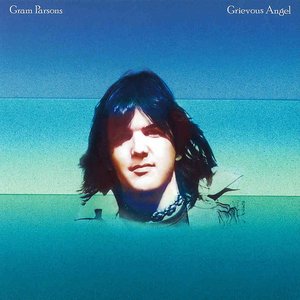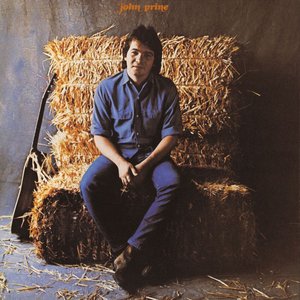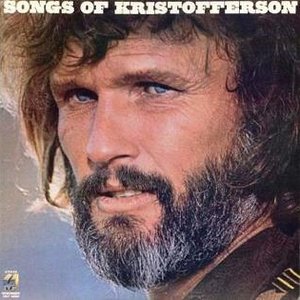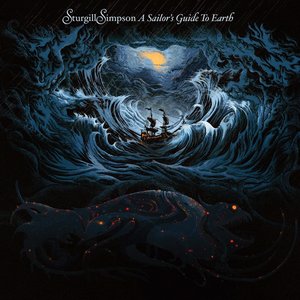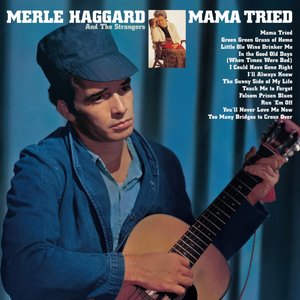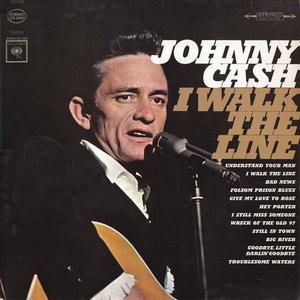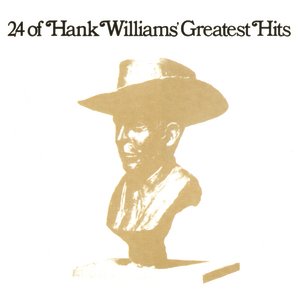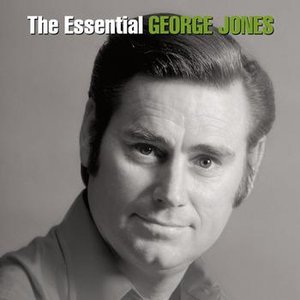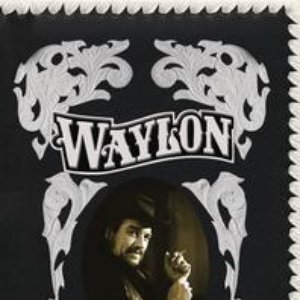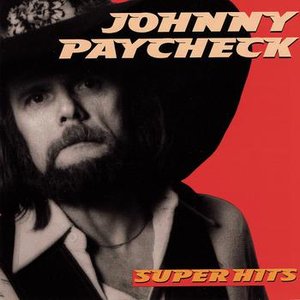Wiki
-
Release Date
1 January 1974
-
Length
17 tracks
Phases and Stages is a 1974 album by Willie Nelson, which followed the moderate success of his first Atlantic Records release, Shotgun Willie. Nelson met producer Jerry Wexler at a party where Nelson sang songs from an unreleased album he had recorded in 1972. The single "Phases and Stages" was originally recorded the same year. Nelson re-recorded the album at Muscle Shoals Sound Studios in two days and Wexler produced it.
The album narrates the story of a divorce. Side one tells the woman's story and side two the man's. Released on March 1974, the album peaked at number 34 on Billboard's Top Country Albums and the single "Bloody Mary Morning" reached number 17 on Billboard's Country singles. Despite the chart positions attained by the album, and its singles, Atlantic Records closed their Country music division in September 1974.
In 1972, Nelson signed a recording contract with the Country Music division of Atlantic Records and Jerry Wexler, who gave him greater creative control than his previous contract. Nelson met Wexler at a party in Harlan Howard's house, where he sang the songs he wrote for an album. Nelson recorded his first album for Atlantic Records, Shotgun Willie, in 1972. Shotgun Willie, produced by Arif Mardin and Wexler, marked a change of style in Nelson's music. Nelson stated that recording the album had "…cleared his throat".
The single "Phases and Stages" was first released in 1972. Nelson had previously recorded the album Phases and Stages in Nashville, Tennessee. In 1973, Nelson re-recorded the songs in two days at Muscle Shoals Sound Studio for Atlantic Records with musicians David Hood, Barry Beckett, Jimmy Johnson, Pete Carr and Roger Hawkins. Atlantic Records' executives criticized Wexler's decision to record in Muscle Shoals instead of Nashville, Tennessee. Wexler later stated: "They said Muscle Shoals was too R&B for Willie. I said Willie was too R&B for Nashville."
True to Nelson's pioneering spirit, the album is one of the first concept albums in country music. The album's theme is one of divorce, narrated from both partner's viewpoint. That of the woman is narrated on Side One; that of the man on Side Two. The recurrent song "Phases and Stages" is repeated throughout the album, introducing several other songs.
The album begins with "Phases and Stages/Washing the Dishes", with the woman tired of caring for her unfaithful husband, emphasizing her domestic chores. This is followed by "Phases and Stages/Walkin'" where, after consideration, she leaves her husband at night, saying "Walkin' is better than runnin' away, and crawlin' ain't no good at all". In "Pretend I Never Happened", she advises him to forget her and continue with his life. In "Sister's Coming Home/Down at the Corner Beer Joint", her younger sister describes the woman moving back home and sleeping late. Eventually, she overcomes her grief and begins a social life at the corner beer joint, representing her liberation with the lyrics "(she's) dancin' on a hardwood floor, her jeans fit a little bit tighter than they did before". The final song of Side One depicts the woman falling in love again but reluctant to admit it because she fears that her story will be repeated.
The second side of the album begins with "Bloody Mary Morning", with the male narrator ordering drinks on a flight from Los Angeles, California to Houston, Texas after his wife unexpectedly left him, with "the smog and haze reminding me of how I feel". In "Phases and Stages/No Love Around" he recalls dragging in at sunrise after another night of carousing: "I come home last Saturday morning, I come home and found you gone." In the sad "I Still Can't Believe You're Gone", the man realizes the vast impact on his life of her leaving. "It's Not Supposed to Be That Way" reflects his inability to accept the situation and his grief, but still in a self-centered way. In "Heaven and Hell", the man expresses his ambivalence about living without his wife, with the lyric: "Sometimes it's heaven, sometimes it's hell, and sometimes I don't even know." The final track is "Phases and Stages/Pick Up the Tempo/Phases and Stages", in which the man reveals his inability to change his character, and accepts his nature and its consequences.
The album was released in March 1974. It peaked at number 34 in Billboard's Top Country Albums and number 187 in Billboard's Top LPs & Tapes. The single "Bloody Mary Morning" peaked at number 17, and its follow-up, "I Still Can't Believe You're Gone", peaked at number 51 in Billboard's Country singles. Despite the moderate success of Nelson's singles, Atlantic Records' executives were unhappy with Nelson's style, and closed their Country Music division in September 1974. Wexler protested to Ahmet and Nesuhi Ertegun, arguing that Atlantic had Willie Nelson. The Ertegun brothers replied "Willie Who? Go ahead and close it." Following the division's closure, Wexler resigned. The album sold 400,000 copies, and Nelson was released from his Atlantic contract, prompting Columbia Records' executives to offer Nelson a contract giving him complete creative control of his works. Wexler later described Phases and Stages and Shotgun Willie as "…generally viewed as having set Willie on a new path … it was the coalescing of his audience, where the rednecks and the hippies came together. And to this day, that's Willie's audience."
Rolling Stone wrote: "(Nelson) seems to understand an unloved woman better than any dozen articles from Ms. (magazine). The fact that Nelson can fashion a believable scenario with such sparseness is a tribute to his ability to turn experience into good music. Phases And Stages, his best work to date, now seems to call out for the filmmaker who can turn good music into good cinema". Texas Monthly described the album as: "…a compassionate account of dissolution of marriage, which gave extremely sensitive male and female viewpoints".
Billboard wrote: "Nelson's unfettered voice honestly portrays his songs of love and lament". Critic Robert Christgau wrote: "Nelson's combination of soft-spoken off-key and battered honky-tonk matches the bare, responsive country music Jerry Wexler has gotten out of the Muscle Shoals regulars." Newsweek wrote: "In Phases and stages (Nelson) looked far beyond country music's traditional shore of self pity toward a clear vision of real life country divorce".
Review:
"If Shotgun Willie played a bit like a concept album, Phases and Stages was a full-blown one, tracing the dissolution of a marriage and devoting one side to the wife's perspective, the second to the husband's. If anything, Willie overplays his hand a bit, insisting on grafting the "Phases and Stages" theme between crucial songs to the point of genuine irritation. But, pretend that never happened, erase it from your mind, and Phases and Stages is easily the equal of its remarkable predecessor, a wonderful set of music that resonates deeply, as deeply as the words. Make no mistake – the deceptively relaxed arrangements, including the occasional strings, not only highlight Nelson's clever eclecticism, but they also heighten the emotional impact of the album. And this is a hell of an emotional record, where even each side's celebratory honky tonk numbers (the medley "Sister's Coming Home/Down at the Corner Beer Joint" and "Pick Up the Tempo," respectively) are muted by sadness. Then, there are the centerpieces: "Walkin'," where the woman decides it's time to move on; "Pretend I Never Happened," perhaps the coldest ending to a relationship ever written; "Bloody Mary Morning," a bleary-eyed morning-after tale that became a standard; "It's Not Supposed to Be That Way," a nearly unbearably melancholy account of a love gone wrong; and "Heaven and Hell," a waltz summary of the relationship. Any two of these would have formed a strong core for an album, but placed together in a narrative context, their impact is even more considerable. As a result, this is not just one of Willie Nelson's best records, but one of the great concept albums overall." - Stephen Thomas Erlewine
Personal:
Willie Nelson – acoustic guitar, vocals
Fred Carter, Jr. – acoustic, 12-string, & electric guitars, dobro
Pete Carr – acoustic & electric guitars, dobro, background vocals on "Pick Up the Tempo"
John Hughey – pedal steel guitar
Johnny Gimble – fiddle, mandolin
Barry Beckett – keyboards
David Hood – bass
Roger Hawkins – drums
Eric Weissberg – banjo on "Down at the Corner Beer Joint"
Al Lester – fiddle on "Bloody Mary Morning"
Jeannie Greene – background vocals on "Pick Up the Tempo"
George Soulé – background vocals on "Pick Up the Tempo"
Mike Lewis – string arrangements on "I Still Can't Believe You're Gone" and "It's Not Supposed to Be that Way"
Jerry Wexler – producer
Allmusic: ★★★★★
Album descriptions on Last.fm are editable by everyone. Feel free to contribute!
All user-contributed text on this page is available under the Creative Commons Attribution-ShareAlike License; additional terms may apply.

